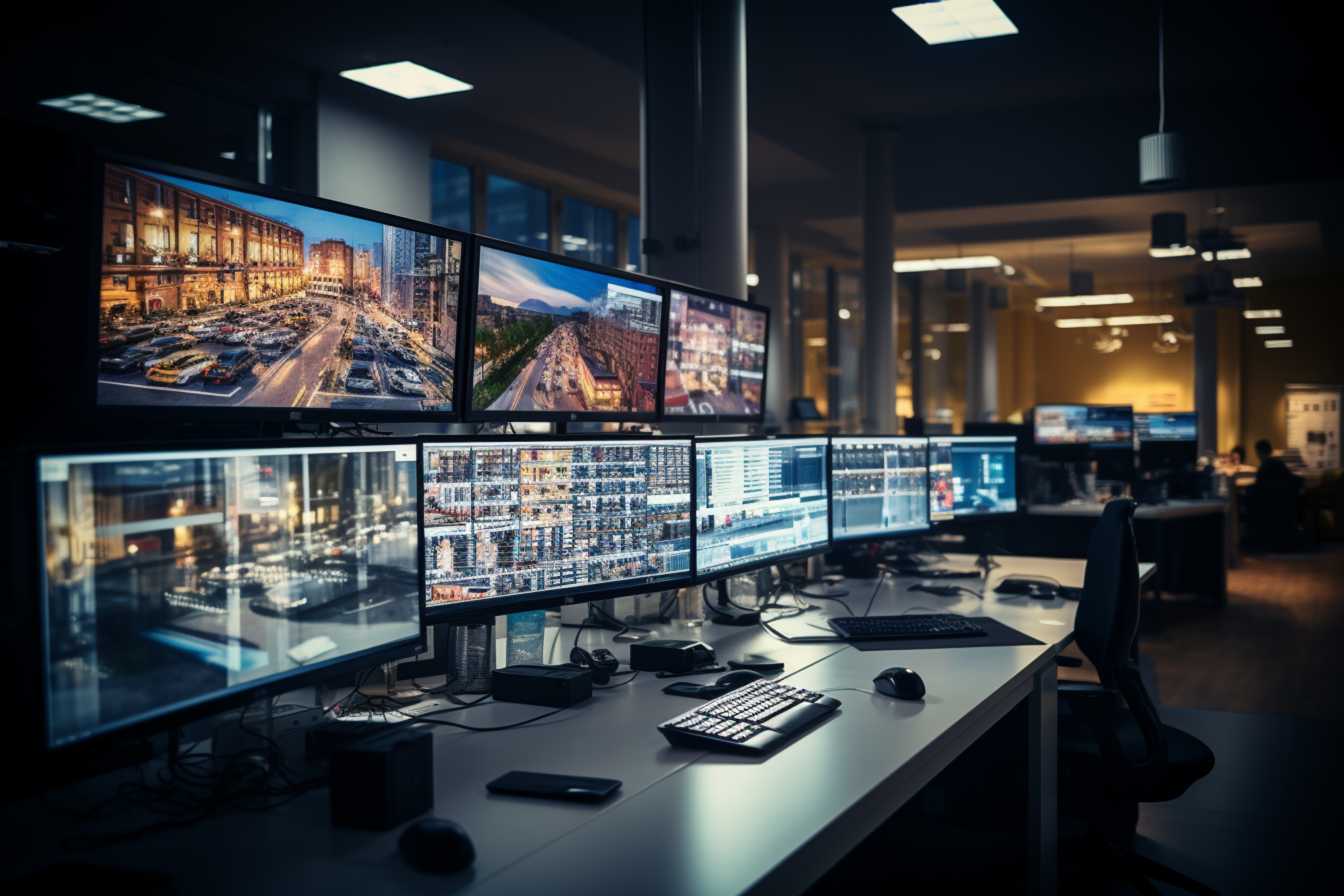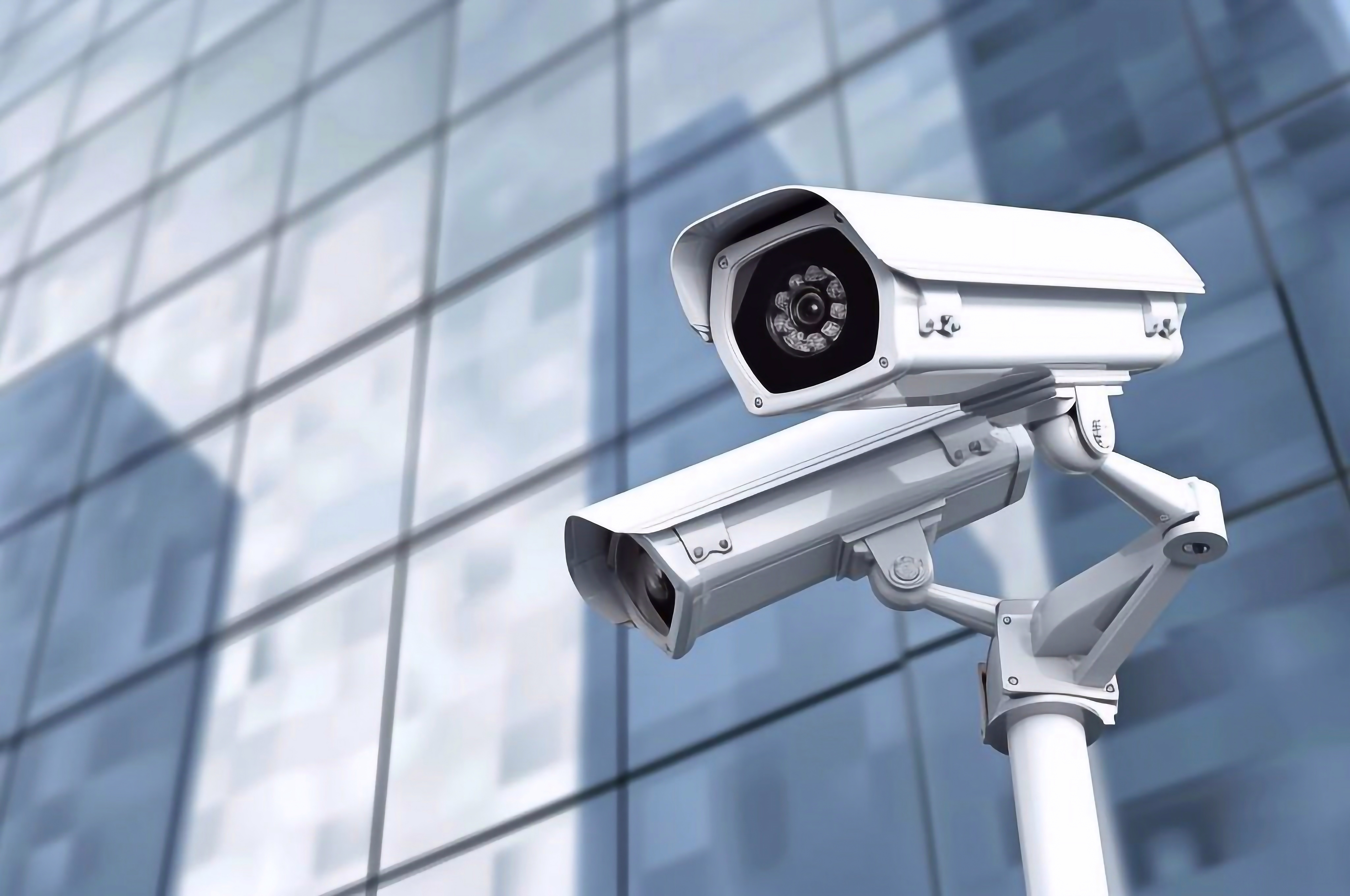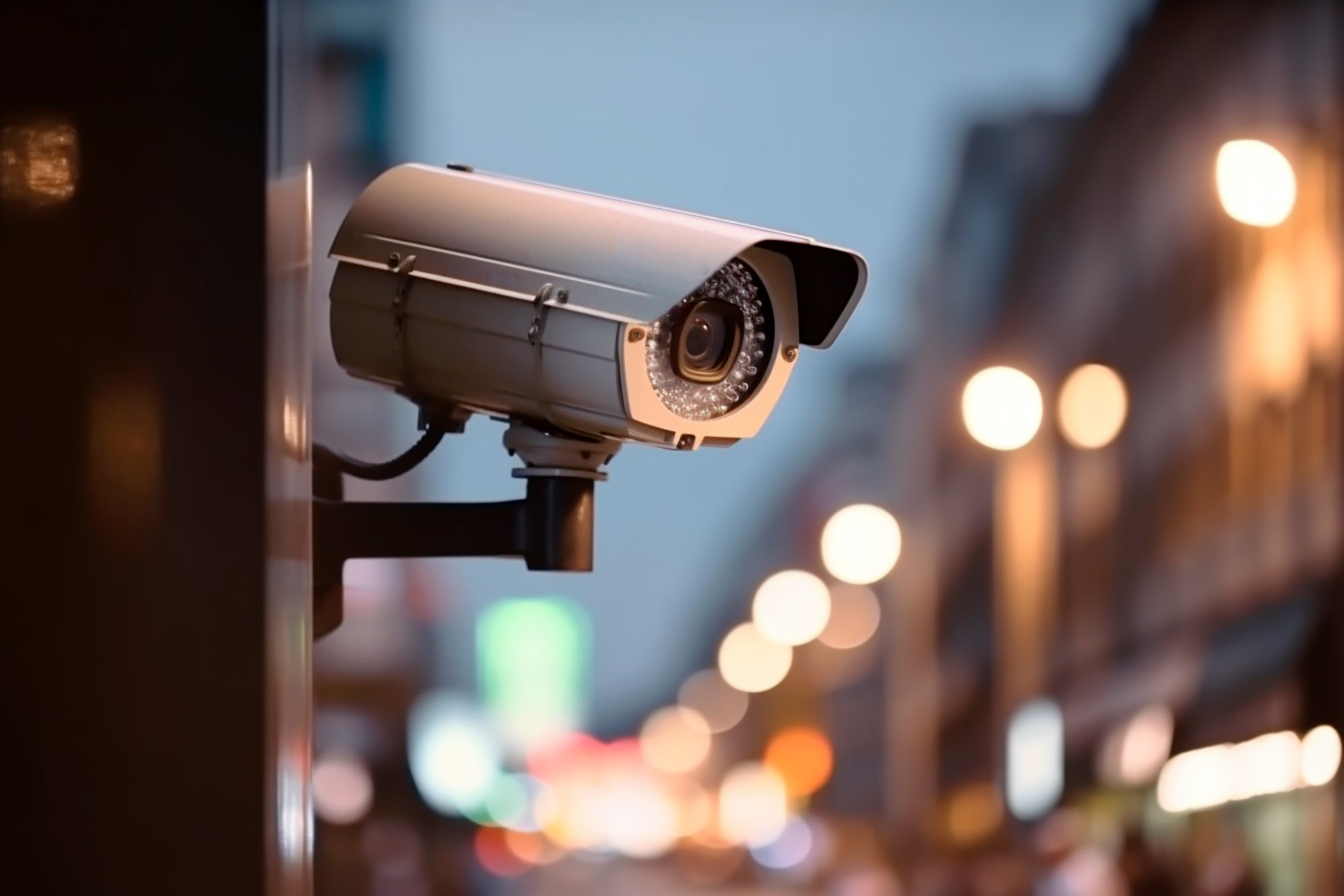
In today's world, security is a growing concern for both homeowners and businesses alike. One of the most effective ways to enhance the safety of your property is by installing a CCTV (Closed Circuit Television) system. However, before moving forward with this investment, it’s essential to understand the costs involved. The price to install a CCTV system can vary significantly depending on several factors, and having a clear idea of these factors can help you make a well-informed decision. In this article, we'll break down the various elements that influence CCTV system installation costs, so you know what to expect.

Factors That Influence CCTV System Installation Costs
When considering the installation of a CCTV system, several factors will influence the total cost. These factors range from the type of cameras you choose to the size of your property and the complexity of the installation. Below are the key aspects to keep in mind.
1. Type of CCTV Cameras
One of the most significant determinants of the overall installation cost is the type of cameras you select. There are several different kinds of CCTV cameras available, each with its own price point and features:
Dome Cameras: These are compact, typically used indoors, and are one of the most affordable types. They are suitable for small spaces such as offices or homes.
Bullet Cameras: These are larger than dome cameras and often used outdoors. They provide high-quality footage and offer greater coverage, but they come at a higher cost.
PTZ (Pan-Tilt-Zoom) Cameras: PTZ cameras allow remote control over their movement and zoom functions. They are ideal for monitoring large areas but are generally more expensive.
IP Cameras: Internet Protocol (IP) cameras transmit footage over a network, providing high-resolution images and flexibility in storage. However, they tend to be more costly than analog cameras.
Thermal Cameras: If your security needs are focused on detecting heat signatures (for example, in dark or foggy conditions), thermal cameras are the best option but are often the most expensive.
When selecting a camera, consider the specific needs of your property. Homes and small businesses can typically get by with dome or bullet cameras, while larger or more vulnerable areas may benefit from PTZ or IP cameras.
2. Number of Cameras Needed
The number of cameras required to effectively cover your property is another critical factor in determining the cost to install a CCTV system. A small home may need only two or three cameras, while a larger commercial space could require 10, 20, or more cameras. Obviously, the more cameras you need, the higher the total cost.
It’s important to balance coverage and budget. Some people opt to cover every corner of their property, but this may not always be necessary. A professional installer can assess your site and recommend an optimal number of cameras to provide comprehensive coverage without overspending.
3. Resolution and Image Quality
Higher resolution cameras provide clearer, more detailed images, which can be crucial in identifying individuals or license plates in security footage. However, the higher the resolution, the more expensive the camera. Standard-definition cameras are relatively affordable, while high-definition (HD) or 4K cameras will increase the installation cost.
Additionally, high-resolution cameras often require more storage space for video recordings. This means you might also need to invest in more extensive storage solutions, such as larger hard drives or cloud storage subscriptions, which will add to the overall costs.
4. Wired vs. Wireless Systems
The choice between a wired or wireless CCTV system will also affect the installation cost. Wired systems tend to be more reliable, but they are more complex and time-consuming to install. These systems require cabling to connect cameras to a central recording device, which can increase labour costs, especially if the cables need to be run through walls or ceilings.
In contrast, wireless systems are easier and faster to install because they don’t require extensive wiring. However, they may be slightly more expensive upfront due to the higher price of wireless cameras. Keep in mind that wireless systems also require a stable Wi-Fi connection and may need regular maintenance to ensure they remain functional and secure.
5. Storage Solutions
Your CCTV system will need a way to store video footage. The storage method you choose will impact both the initial setup cost and ongoing expenses:
Local storage: Using a Digital Video Recorder (DVR) or Network Video Recorder (NVR) for local storage is a one-time expense, but you’ll need to invest in enough hard drive space to hold the footage.
Cloud storage: Some CCTV systems offer cloud-based storage, which allows you to access footage from anywhere. While this offers greater flexibility, it often comes with monthly or annual subscription fees.
Cloud storage may be more cost-effective for smaller setups but can become expensive over time, especially if you need to store large amounts of high-definition footage.
6. Installation Labour Costs
Labour costs are another significant factor in the total price of installing a CCTV system. The more complex the installation, the higher the labour costs will be. For example, running cables through walls or ceilings, mounting cameras on high poles, or integrating the system with existing infrastructure can increase the time and expertise required, driving up the labour charges.
Hiring a professional installation team ensures that your system is set up correctly, with optimal camera placement and secure connections. While DIY installation may seem like a way to cut costs, it could lead to problems down the line, such as poor camera coverage or issues with the system's reliability.
7. Maintenance and Ongoing Costs
Beyond the initial installation cost, it’s essential to consider the ongoing expenses associated with maintaining a CCTV system. This could include regular maintenance checks, software updates, and repairs. Some professional installation services offer maintenance packages, which may be more cost-effective than handling repairs on an as-needed basis.
Additionally, if you choose a system with cloud storage or remote monitoring capabilities, you may incur monthly or annual fees for these services.

Average Costs for CCTV System Installation
To give you a general idea of what to expect, let’s break down the average costs for CCTV system installation based on different types of setups:
Basic Home System: For a small home or flat requiring two or three cameras, the cost typically ranges from £300 to £800, depending on the camera type and quality. This includes basic labour and setup.
Mid-Range System for Homes or Small Businesses: A more comprehensive system with five to eight cameras might cost between £1,000 and £2,500. This price includes higher resolution cameras, more complex installation, and potentially some additional features like motion detection or night vision.
Advanced Commercial System: Larger businesses or commercial properties needing 10 to 20 cameras can expect to pay between £3,000 and £10,000. This figure accounts for more advanced features like PTZ or IP cameras, extensive cabling, and potentially some integrated security solutions like access control systems.
Keep in mind that these are average figures, and actual costs can vary based on your location, the installer’s rates, and the specific requirements of your system.
How to Save on CCTV System Installation Costs
While security is an investment, there are a few strategies you can use to reduce the overall cost of your CCTV installation:
Choose the right system: Don’t overpay for features you don’t need. Select cameras with the appropriate resolution, storage, and functionality for your specific use case.
Bundle services: Some security companies offer bundle deals that include CCTV installation, monitoring, and maintenance services at a reduced rate. Consider opting for a package to save money in the long run.
DIY installation: If you’re tech-savvy and the system is relatively simple, you might opt for a DIY installation to save on labour costs. However, be cautious—incorrect installation could compromise your security.
Shop around: Get quotes from several installers and compare both pricing and service offerings. Ensure that the installer is reputable and offers a warranty or service guarantee.
Conclusion
Understanding the costs associated with installing a CCTV system is essential for making the right decision for your security needs. The type of cameras, the complexity of installation, storage options, and ongoing maintenance will all contribute to the overall cost. By considering these factors carefully, you can ensure that your CCTV system provides the necessary protection without breaking your budget. Ultimately, the goal is to strike a balance between quality, coverage, and affordability, ensuring that your property remains secure while managing the investment effectively.